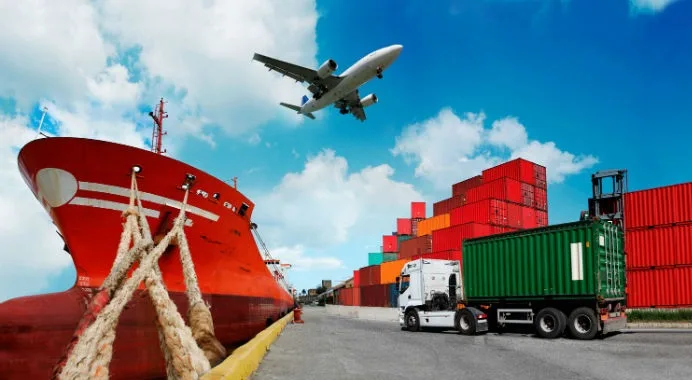In the vast and intricate web of international trade, where goods seamlessly traverse borders, one key player stands as the linchpin connecting manufacturers, suppliers, and consumers worldwide – the freight forwarder. These unsung heroes of the global supply chain play a pivotal role in ensuring the smooth and efficient movement of goods across international boundaries. In this blog post, we delve into the multifaceted responsibilities and significance of freight forwarders in facilitating international trade.
Bridge Builders of Global Commerce
Freight forwarders act as the navigators of international trade, serving as intermediaries between various stakeholders involved in the supply chain. Their primary responsibility is to orchestrate the movement of goods from the point of origin to the final destination, taking into account the complexities of cross-border regulations, customs procedures, and diverse transportation modes.
Logistical Maestros
At the heart of their operations, freight forwarders are logistical experts. They meticulously plan and coordinate the entire transportation process, utilizing a combination of shipping modes such as air, sea, rail, and road. Their proficiency in optimizing routes and modes of transport ensures cost-effectiveness and timely delivery, vital components in the competitive landscape of global trade. The integration of sophisticated freight forwarding software empowers logistics professionals to streamline operations, automate documentation processes, and ensure seamless coordination in international trade.
Navigating Customs Compliance
One of the most intricate aspects of international trade is navigating the myriad customs regulations and compliance requirements of different countries. Freight forwarders are well-versed in the ever-evolving landscape of international trade regulations. They play a crucial role in ensuring that shipments comply with the customs regulations of both the exporting and importing countries. This includes preparing the necessary documentation, such as bills of lading and commercial invoices, and ensuring that all required permits and licenses are obtained.
Risk Management and Insurance
In the unpredictable world of global logistics, unforeseen challenges can arise. Freight forwarders act as risk managers, identifying potential risks and devising strategies to mitigate them. They also assist in securing appropriate insurance coverage to protect against potential losses due to theft, damage, or other unforeseen events during transit.
Technology Integration
The modern freight forwarder is not only a logistical expert but also a tech-savvy professional who leverages cutting-edge technologies to streamline operations. From advanced tracking systems that provide real-time visibility of shipments to automated documentation processes, technology plays a pivotal role in enhancing the efficiency and transparency of freight forwarding operations.
Supply Chain Optimization
Beyond the physical movement of goods, freight forwarders contribute significantly to optimizing the broader supply chain. Through strategic partnerships with carriers, warehouses, and other logistics service providers, they help create a seamless and efficient supply chain network. This collaborative approach enhances the overall agility of the supply chain, enabling businesses to respond promptly to market demands and disruptions.
In the intricate dance of international trade, freight forwarders are the choreographers, seamlessly orchestrating the movement of goods across borders. Their expertise in logistics, customs compliance, risk management, and technology integration make them indispensable players in the global supply chain.
As the world becomes increasingly interconnected, the role of freight forwarders is set to become even more critical, ensuring that goods continue to flow smoothly across borders, fostering economic growth and international cooperation. In a nutshell, the success of international trade rests, in no small part, on the capable shoulders of these unsung heroes of the global supply chain.


